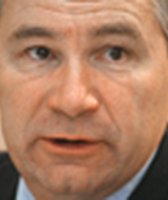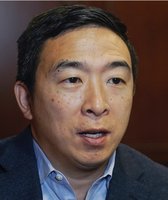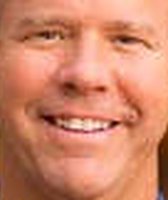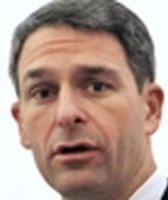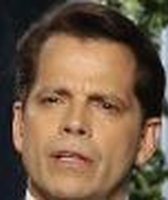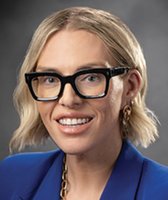Get PolitiFact in your inbox.
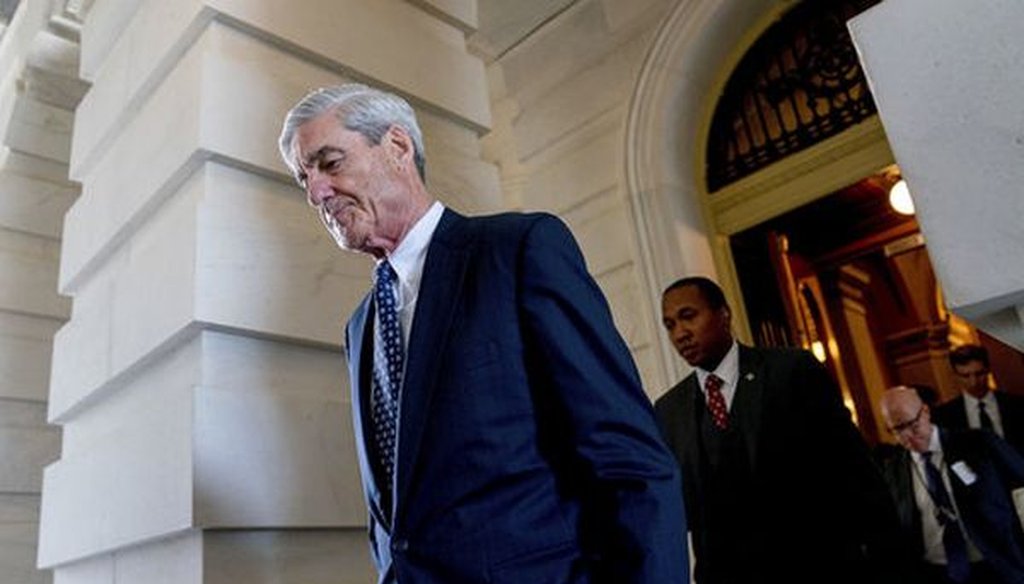
Special Counsel Robert Mueller leaves the U.S. Capitol on June 21, 2017. (AP/Andrew Harnik)
Special Counsel Robert Mueller’s highly anticipated report presents a sweeping narrative of Russia’s 2016 election interference and clears the Trump campaign of criminally conspiring with the Kremlin. It also details the president’s efforts to curtail the nearly two-year probe, though Mueller declined to say whether or not Trump’s conduct amounted to illegal obstruction.
The report reaffirms the intelligence community’s conclusion that Russia favored Trump over Hillary Clinton, and notes that the Trump campaign believed it would benefit on Election Day from Moscow's interference.
But Mueller found the Kremlin’s acts on Trump’s behalf and numerous contacts between the campaign and Russia didn't rise to the level of criminal conspiracy or coordination. These contacts comprise the report’s first volume, which is heavily redacted in some sections, mostly owing to its use of material that relates to cases still being pursued by other prosecutors.
In the report’s second volume, Mueller’s team documented 10 instances of Trump trying to impede the investigation or directing his staff to do so (including firing Mueller). Ultimately, Mueller chose not to say whether Trump did or did not obstruct justice.
Mueller: There were numerous contacts, but no criminal conspiracy between Trump campaign and Russia
Mueller found the Trump campaign did not engage in a criminal conspiracy or illegal coordination with Russia.
The special counsel’s decision not to charge Trump with conspiracy came despite what Mueller described as a series of "salient moments" over the 2016 election season and presidential transition — which will be familiar to those who have followed the investigation.
Mueller confirmed that the triggering event for the FBI opening a counterintelligence investigation into links between the Trump campaign and the Russian government came as a result of an April 2016 meeting between campaign adviser George Papadopoulos and a source who said Russian government officials could offer "dirt" on Clinton in the form of "thousands of emails."
The report also recounts the June 9, 2016, meeting at Trump Tower that Donald Trump Jr. arranged based on a promise that a "Russian government attorney" would supply the campaign with incriminating evidence against Clinton as part of the Kremlin’s support for his father’s candidacy.
Mueller also notes that Trump campaign chairman Paul Manafort shared internal polling data with his long-time business associate Konstantin Kilimnik, who the FBI has linked to Russian intelligence, and discussed with Kilimnik the campaign's strategy for winning over Democratic voters in the Midwest.
At least some of these contacts occurred while Trump pursued Trump Tower Moscow deal and publicly espoused pro-Russian policies.
Nonetheless, Mueller found the series of links and alignment of interests did not amount to a criminal conspiracy or illegal coordination.
"Although the investigation established that the Russian government perceived it would benefit from a Trump presidency and worked to secure that outcome, and that the campaign expected it would benefit electorally from information stolen and released through Russian efforts," Mueller’s report states, "the investigation did not establish that members of the Trump campaign conspired or coordinated with the Russian government in its election interference activities."
Mueller did not reach a conclusion about whether Trump obstructed
Mueller declined to say if Trump had obstructed justice. Attorney General Barr and the deputy attorney general concluded Trump had not.
The special counsel explained that the unusual circumstances surrounding the probe made it difficult to issue a traditional binary judgment about whether to indict. But Mueller’s reluctance to reach a prosecutorial conclusion should not be interpreted as an exoneration of the president on the issue of obstruction, he said.
"The evidence we obtained about the president's actions and intent presents difficult issues that prevent us from conclusively determining that no criminal conduct occurred," Mueller said. "Accordingly, while this report does not conclude that the President committed a crime, it also does not exonerate him."
After Mueller declined to reach a conclusion about obstruction, Barr stepped in.
In a move that left legal experts divided, Barr reasoned that Mueller’s silence "leaves it to the attorney general to determine" if Trump obstructed justice. Barr and Deputy Attorney General Rod Rosenstein concluded the president had not done so.
Trump’s efforts to curtail the investigation
Though Trump will not be charged with obstruction of justice during his presidency, Mueller’s report paints a searing portrait of Trump’s attempts to hamper investigators.
Mueller lists some 10 "key issues and events" that his team examined as part of its obstruction investigation. Some of the events had been previously reported in the press, while other conduct has been made public for the first time through Mueller’s report.
The special counsel’s team probed events that James Comey has testified about before Congress, including Trump’s request to then-FBI Director Comey that he drop the investigation into Trump’s embattled former national security adviser Michael Flynn, who has since pled guilty to lying to the FBI.
Mueller also investigated other highly publicized events, like Trump’s firing of Comey, and the president’s involvement in crafting a misleading statement on his son’s behalf regarding the June 2016 Trump Tower meeting.
But the report also provides a window into Trump’s distress over the news that a special counsel had been appointed in the wake of Comey’s firing.
"Oh my God. This is terrible," the report quotes Trump as saying. "This is the end of my presidency. I’m f-----."
Trump grew more alarmed following media reports that the special counsel’s office would look into whether Trump obstructed justice, according to the report.
It describes a frantic Trump calling then-White House counsel Don McGahn at home and ordering him to say Mueller should be removed due to conflicts of interest. McGahn refused.
"The president’s efforts to influence the investigation were mostly unsuccessful," the Mueller report notes, "but that is largely because the persons who surrounded the president declined to carry out orders or accede to his requests."
Our Sources
Special Counsel Robert Mueller’s redacted report, April 18, 2019
PolitiFact, "The redacted Mueller report: The fight over what we won’t see," April 17, 2019
PolitiFact, "Without full Mueller report, Trump obstruction questions leave legal experts wondering," March 25, 2019
PolitiFact, "The Russia investigation and Donald Trump: a timeline from on-the-record sources (updated)," March 22, 2019














